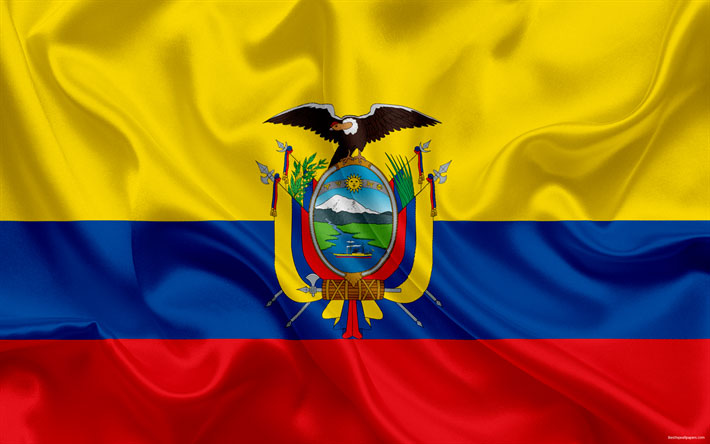Ecuador has proposed legalizing the growing of hemp, excluding it from the list substances subject to rules under the country’s Comprehensive Organic Criminal Code (COIP), and putting the plant under the jurisdiction of agriculture authorities. Ecuador’s Ministry of Agriculture & Livestock is to issue hemp regulations.
Importantly, the new law would the THC limit for hemp at a full 1.0%, following the lead of a growing number of countries which have set their THC barriers beyond the generally accepted global standard of 0.3%. Hemp plants with higher levels of THC generally contain higher levels of CBD, the most lucrative derivative of industrial hemp. Nations observing the 1.0% standard therefore have a market advantage in that sector over those where limits are lower.
Joining the 1% club
Uruguay, South Africa, Malawi and Thailand are among hemp-producing countries around the world which have set THC levels for hemp at a full 1.0%; some states in Australia also operate under that limit; in Europe, non-EU member Switzerland has an established 1.0% barrier.
While Ecuadorian cannabis stakeholders welcomed the proposed law, the Federation of Cannabis Communities of Ecuador questioned rules that prohibit the planting of hemp in border and coastal areas, and said the proposed regulations will not let small producers and peasants take part in the industry due to requirements for guarantees, required licenses and fees. Those producers would most likely need to form some type of legal entity or association to comply with the new law.
Some criticism
The Federation also criticized the law for giving excessive powers to the Ministry of Agriculture to inspect, sanction and destroy hemp crops and lack environmental considerations related to the use of agrochemicals.
EcuaCáñamo, the Ecuadorian Association of Medicinal and Industrial Hemp has urged that regulations must be simple and avoid problems in other countries caused by over-regulation, and said the rules should embrace industrial applications to fulfill hemp’s economic and export promise of Ecuadorian hemp.
Many of Ecuador’s regional climates offer advantageous conditions for cannabis production, bringing consistent, reliable harvests of the crop year-round, and reducing infrastructure investment at the start-up stage. Also, like other Latin American countries, the cost of labor in Ecuador is highly competitive compared to other parts of the world.

